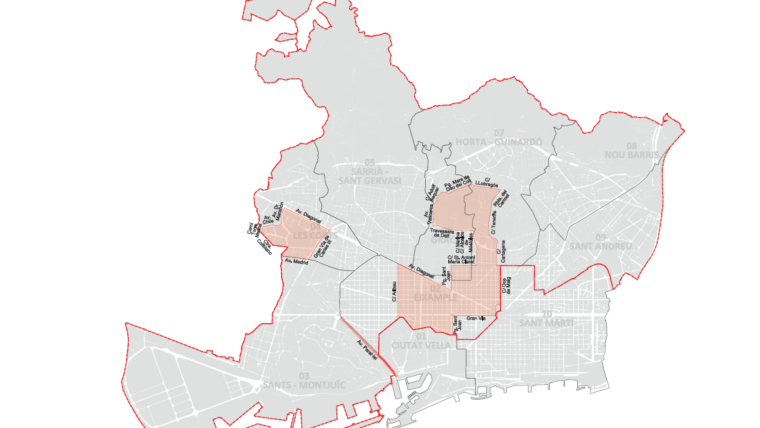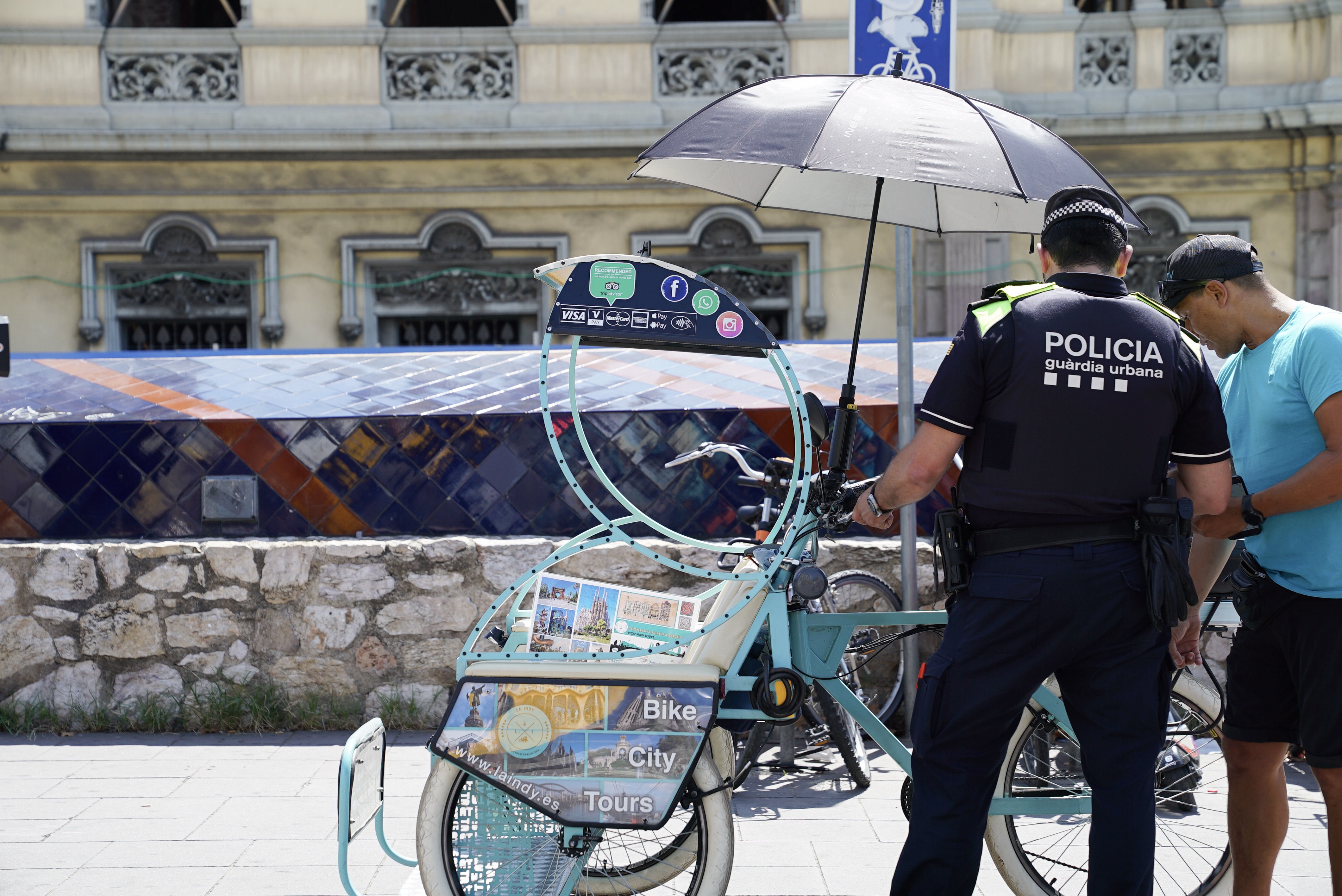Six-month ban on rickshaws in five parts of the city
The ban on the circulation of rickshaws, also known as ‘trixis’ or ‘bicitaxis’, will apply the areas of Sagrada Família, the Quadrat d’Or in L’Eixample, Av. Paral·lel, Park Güell and the Camp Nou. The measure is intended to ease the pressure on public space and inconvenience to local people, guaranteeing a balance between uses.
The ban on rickshaws in these five areas comes in addition to the decrees by the districts of Ciutat Vella and Sant Martí, where limits apply every year to the circulation of these vehicles in certain routes, particularly during the summer months.
The City Council has initially approved a decree for a six-month ban on the circulation of cycles with more than two wheels (type C1) engaging in business activity in various parts of the city, mainly during the months where tourism peaks. The decree will come into force once final approval is given.
Areas where the ban applies
Despite restrictions being introduced in recent years for cycles with more than two wheels and commercial personal mobility vehicles in Ciutat Vella and Sant Martí, the growth in economic activity in tourism in other parts of the city has led to a proliferation of these vehicles in other districts. This has mainly been in iconic city areas with a cultural, artistic or sports interest, as well as large sports events.
These spaces have experienced the same problem of public space being saturated, prompting more issues for coexistence between the various types of mobility. Because of this, the measure to back rickshaws is aimed at guaranteeing safe mobility, particularly for pedestrians, bikes and other personal mobility vehicles.
The by-law on the circulation of pedestrians and vehicles obliges these vehicles to be on a municipal register. The measure only involves their identification and does not constitute a licence for them to engage in economic activity transporting passengers in public streets.
Barcelona City Council is currently holding discussions with the Government of Catalonia to regulate this type of economic activity, as the body responsible for matters relating to the transport of passengers.



